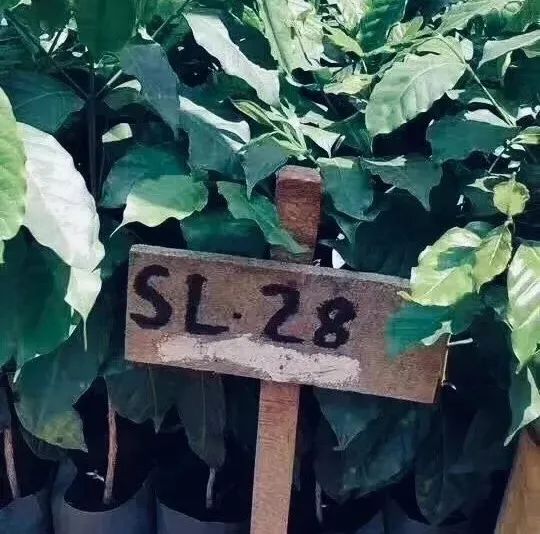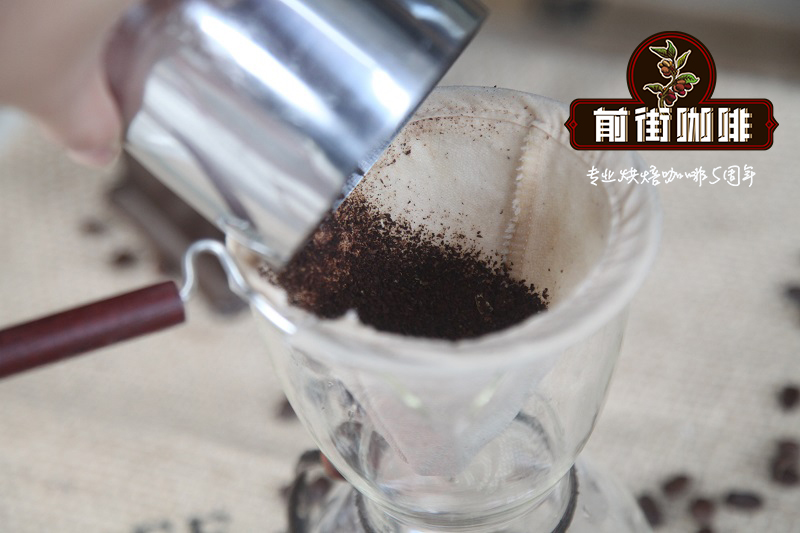Introduction of African Kenyan boutique coffee beans. What is the treatment of Kenyan coffee beans?
The first impression of Kenyan coffee is that it is sour and lively, and Qianjie coffee thinks it has a lot to do with the local superb washing technology, because washing treatment itself can make coffee beans absorb more pleasant acids such as citric acid and fruit acid, making coffee beans brighter and cleaner in flavor, while Kenyan washing treatment rules are upgraded to a level on the basis of washing treatment. It is called K72 washing method.
What is the K72 washing treatment method:
K72 water washing treatment is a cyclic repeated treatment of coffee fruit after fermentation; first of all, coffee farmers will harvest and select the best quality coffee cherries peeled and fermented for 24 hours, then rinse with clean river water, and then rinse in fermentation for 24 hours. Repeat 3 cycles for 72 hours, so it is called Kenyan 72-hour fermentation water washing treatment, referred to as K72. This treatment allows coffee beans to ferment at low temperatures, giving the beans a brighter, cleaner but fuller flavor.
Bourbon Bourbon was first brought to Kenya for planting. In the 1950s, two excellent hybrids, SL-28 and SL-34, were selected by Scott Lab, an agricultural research institution at that time.
SL-28
The Kenyan cultivar No. 28 was selected by Scott laboratory, and the native species of bourbon and mocha were selected. The variety, which is said to be selected from Tanganyika DR, was found by A.D. Trench on a trip to Tanzania and may be drought resistant. However, the experiment failed and developed varieties that were not drought-resistant, but inadvertently produced excellent flavor, with strong citric acid, sweetness, balance and complex flavor.

SL-34
Scott laboratory selected 34 Kenyan cultivar, an enhanced version of Bourbon native species. It is said to be selected from the coffee baking guide. The fortified bourbon tree was first planted in Kabete, Kenya. The yield of SL34 is better than that of SL28 and can grow at relatively lower elevations. It has a complex sense of citric acid, heavy feeling and clean taste.
Later, the yield of SL28 was not as high as expected, but the copper leaf color and broad bean-shaped beans had great sweetness, balance and complex flavor, as well as remarkable citrus and black plum characteristics.
Important Notice :
前街咖啡 FrontStreet Coffee has moved to new addredd:
FrontStreet Coffee Address: 315,Donghua East Road,GuangZhou
Tel:020 38364473
- Prev

Top Ten Coffee in the World | how about the coffee beans of the Ethiopian boutique coffee Waka Cooperative? Which is the best coffee bean in Yejashafi producing area?
The most famous producing area of Ethiopian boutique coffee is Yega Sheffield, while the most famous coffee producing area is the Waka Cooperative. Most of the coffee production units in Ethiopia are cooperatives, which is a mutual and mutually beneficial production organization.
- Next

Guatemala fine coffee beans growing conditions. What is its geographical environment?
Panama, Honduras, Mexico and other countries are famous coffee producing countries in Central and South America, while Guatemala, as a top fine coffee producing country, is located in the middle of the North and South Weeks with complex terrain, including plateau volcanoes, lowland tropical forests, volcanic sandy coastal plains along the Pacific coast and undeveloped areas along the Caribbean coast.
Related
- Does Rose Summer choose Blue, Green or Red? Detailed explanation of Rose Summer Coffee plots and Classification in Panamanian Jade Manor
- What is the difference between the origin, producing area, processing plant, cooperative and manor of coffee beans?
- How fine does the espresso powder fit? how to grind the espresso?
- Sca coffee roasting degree color card coffee roasting degree 8 roasting color values what do you mean?
- The practice of lattes: how to make lattes at home
- Introduction to Indonesian Fine Coffee beans-- Java Coffee producing area of Indonesian Arabica Coffee
- How much will the flavor of light and medium roasted rose summer be expressed? What baking level is rose summer suitable for?
- Introduction to the characteristics of washing, sun-drying or wet-planing coffee commonly used in Mantenin, Indonesia
- Price characteristics of Arabica Coffee Bean Starbucks introduction to Manning Coffee Bean Taste producing area Variety Manor
- What is the authentic Yega flavor? What are the flavor characteristics of the really excellent Yejasuffi coffee beans?

